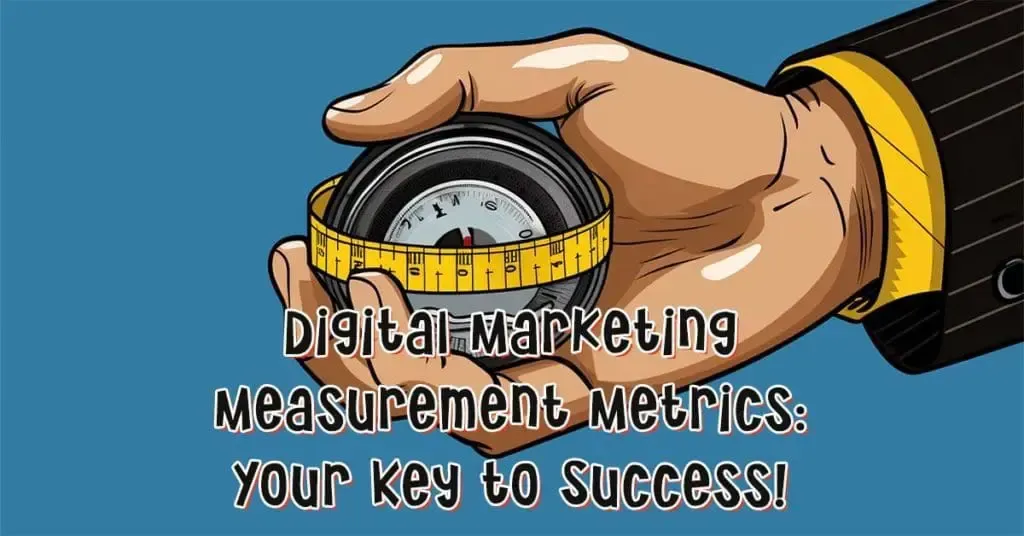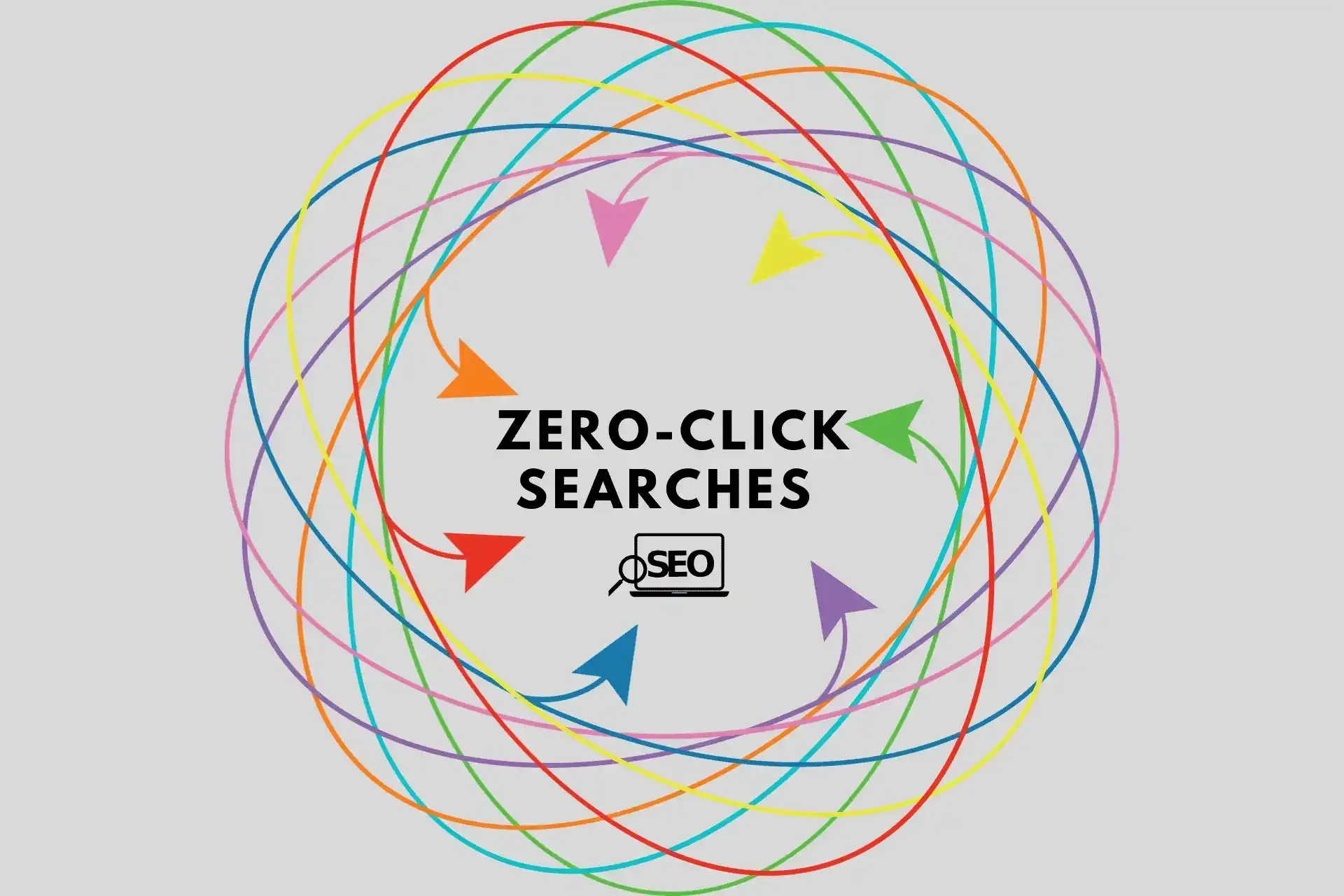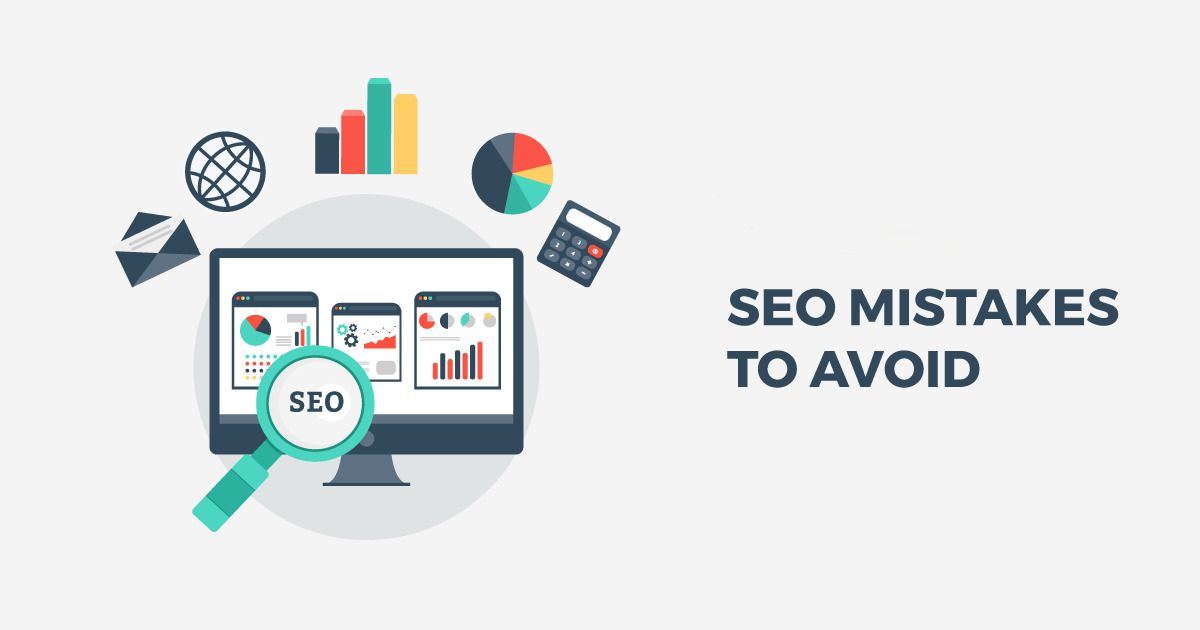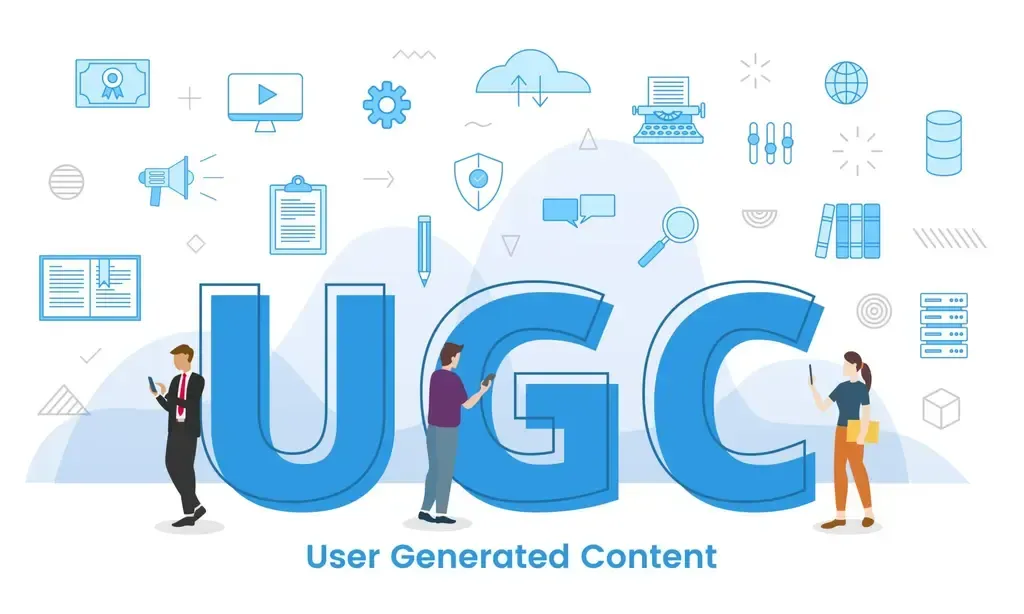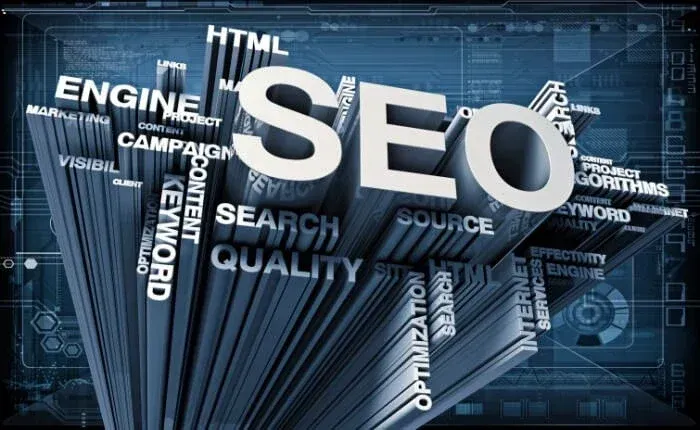Navigating SEO and Digital Marketing Management
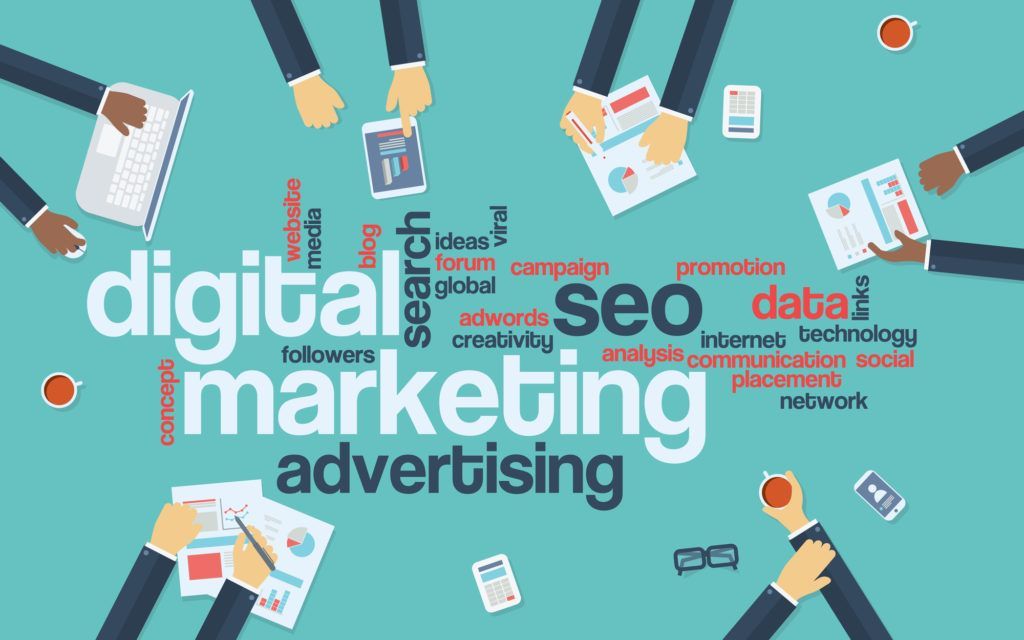
Essential Strategies for Navigating SEO & Digital Marketing
In today's digital landscape, businesses are increasingly recognizing the importance of a strong online presence. At the heart of this digital revolution lies Search Engine Optimization (SEO) and Digital Marketing Management, two crucial components that can make or break a company's online success.
THE SEO ADVANTAGE
SEO is the art and science of improving a website's visibility in search engine results. It's a complex, multifaceted process that requires ongoing attention and expertise.
Keyword Research and Strategy
The foundation of any successful SEO campaign is thorough keyword research. This involves identifying the terms and phrases potential customers use when searching for products or services related to your business. A well-crafted keyword strategy ensures your website appears in front of the right audience at the right time.
On-Page Optimization
Once the keywords are identified, they need to be strategically incorporated into your website's content. This includes optimizing title tags, meta descriptions, headers, and body text. However, it's not just about keyword stuffing; the content must be engaging, informative, and valuable to the reader.
Technical SEO
Behind the scenes, technical SEO plays a crucial role in how search engines crawl and index your site. This includes improving site speed, ensuring mobile friendliness, implementing proper URL structures, and creating XML sitemaps.
Link Building
Quality backlinks from reputable websites signal to search engines that your content is valuable and trustworthy. A comprehensive link-building strategy is essential for improving domain authority and search rankings.
DIGITAL MARKETING MANAGEMENT: BEYOND SEO
While SEO is a critical component, digital marketing management encompasses a broader range of activities designed to promote your business online.
Content Marketing
Creating and distributing valuable, relevant content is key to attracting and retaining a clearly defined audience. This can include blog posts, videos, infographics, and whitepapers that address your customers' pain points and showcase your expertise.
Social Media Management
An active social media presence helps build brand awareness, engage with customers, and drive traffic to your website. Effective social media management involves creating a content calendar, responding to comments, and analyzing performance metrics.
Pay-Per-Click (PPC) Advertising
While SEO focuses on organic traffic, PPC campaigns can provide immediate visibility for targeted keywords. Managing PPC campaigns involves keyword selection, ad creation, bid management, and continuous optimization to maximize return on investment.
Email Marketing
Despite the rise of social media, email remains a powerful tool for nurturing leads and retaining customers. Effective email marketing involves list segmentation, personalization, A/B testing, and performance analysis.
MEASURING SUCCESS: ANALYTICS AND REPORTING
A crucial aspect of SEO and digital marketing management is measuring performance and demonstrating ROI. This involves:
Setting Up Tracking
Implementing tools like Google Analytics and Google Search Console to monitor website traffic, user behavior, and search performance.
Regular Reporting
Creating comprehensive reports that track key performance indicators (KPIs) such as organic traffic, conversion rates, and keyword rankings.
Data-Driven Decision Making
Using the insights gained from analytics to refine strategies, allocate resources more effectively, and identify new opportunities for growth.
THE FUTURE OF SEO AND DIGITAL MARKETING
As technology continues to evolve at a rapid pace, the landscape of SEO and digital marketing is undergoing significant transformations. Businesses and marketers must stay ahead of these trends to remain competitive in the digital space.
AI-Powered Personalization
Artificial Intelligence is revolutionizing the way businesses interact with their customers online. AI algorithms are becoming increasingly sophisticated in analyzing user behavior and preferences, allowing for hyper-personalized content and product recommendations. This level of personalization extends to email marketing campaigns, on-site experiences, and even search results, creating a more tailored and engaging user journey.
Voice Search Optimization
With the proliferation of smart speakers and voice assistants, optimizing for voice search has become crucial. Voice searches tend to be longer and more conversational than text-based queries. To capitalize on this trend, businesses should:
- Focus on long-tail keywords and natural language phrases
- Create content that directly answers common questions
- Optimize for local searches, as many voice queries are location-based
- Ensure website content is structured for featured snippets, which are often used for voice search results
Visual Search and Image Optimization
As search engines become more adept at understanding and indexing images, visual search is gaining prominence. This technology allows users to search using images rather than text. To prepare for this shift, marketers should:
- Implement high-quality, descriptive alt text for images
- Use schema markup to provide context for images
- Optimize image file names and sizes for better indexing and faster load times
Video Marketing Dominance
Video content continues to grow in popularity, with platforms like TikTok and YouTube shaping consumer behavior. To leverage this trend:
- Create short-form, engaging video content for social media platforms
- Optimize video titles, descriptions, and tags for search engines
- Incorporate video content into your website to increase engagement and dwell time
Augmented Reality (AR) in Marketing
AR is bridging the gap between digital and physical experiences. Brands are using AR to allow customers to virtually try products before purchasing, enhancing the online shopping experience. Marketers should explore AR applications relevant to their industry to provide immersive and interactive experiences for their audience.
Privacy-Focused Marketing
With increasing concerns about data privacy and regulations like GDPR and CCPA, marketers must adapt their strategies to respect user privacy while still delivering personalized experiences. This includes:
- Implementing transparent data collection and usage policies
- Exploring cookie-less tracking alternatives
- Focusing on first-party data collection and analysis
Semantic Search and Topic Clusters
Search engines are becoming more adept at understanding context and user intent. This shift towards semantic search means that content strategies should focus on comprehensive topic coverage rather than just individual keywords. Creating content clusters around core topics helps establish authority and improves search visibility across related queries.
Voice Commerce
As voice technology improves, voice-enabled shopping is expected to grow. Businesses should optimize their product listings and checkout processes for voice commands, making it easier for customers to make purchases using voice assistants.
Blockchain in Digital Marketing
Blockchain technology has the potential to revolutionize digital advertising by providing more transparency and reducing fraud. It could enable direct relationships between advertisers and publishers, eliminating intermediaries and ensuring more accurate audience targeting.
Predictive Analytics
Advanced analytics tools are enabling marketers to predict future trends and customer behaviors with greater accuracy. This allows for more proactive marketing strategies and better resource allocation.
In conclusion, the future of SEO and digital marketing is characterized by increased personalization, technological integration, and a focus on user experience. Marketers who embrace these emerging trends and continuously adapt their strategies will be best positioned to succeed in the evolving digital landscape. As always, the key is to remain agile, data-driven, and focused on providing value to the target audience.
Get Noticed, Get Results, Get Ahead
Or Drop Us an Email: connect@theseoworkhorse.com
11400 W. Olympic Blvd., Suite 200
Los Angeles, CA 90064
1-888-433-4033
connect@theseoworkhorse.com
This is a lead generation LP



